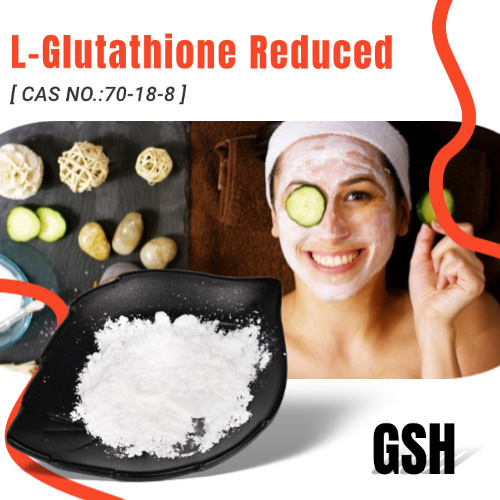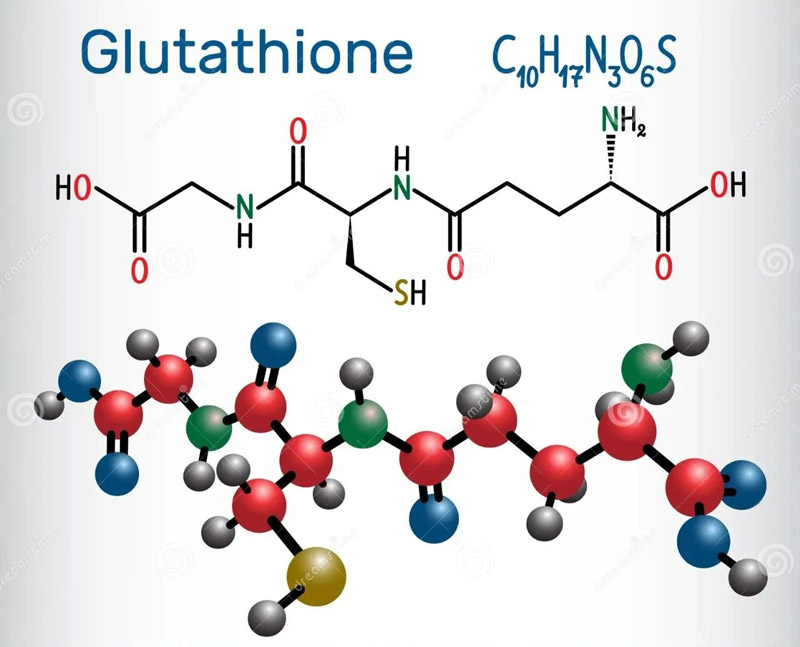Today, I would like to introduce to you such a new indicator – glutathione reductase.
For friends who are often angry or take medication for a long time, they often worry about whether they will have liver damage.
So, are there any indicators that can diagnose early liver damage?
Of course there is! The director of the clinical laboratory reminds us that the diagnosis of liver disease is crucial to the health of patients.
In clinical practice, we have been looking for a more sensitive and specific indicator to enable early detection of liver injury and buy time for patient treatment.

What is glutathione reductase?
Glutathione reductase is an important enzyme that plays a key role in the human body. It can convert oxidized glutathione to reduced glutathione, thereby maintaining the REDOX balance in the cell.
When the liver is damaged, GSH reductase in liver cells is released into the blood in large quantities, resulting in elevated serum GSH reductase levels.
By measuring serum GSH reductase levels, we can detect liver damage early.
What are the advantages of glutathione reductase?
What are the advantages of glutathione reductase in the diagnosis of liver injury?
Glutathione reductase is highly specific. It is found only in liver cells and in very low levels in other tissues and organs.
When serum glutathione reductase levels are elevated, we can highly suspect liver damage.

Glutathione reductase sensitivity is also very high. In the early stages of liver injury, GSH reductase in liver cells is released into the blood in large quantities, resulting in elevated serum glutathione reductase levels.
By measuring serum GSH reductase levels, we can detect liver damage early, even before indicators of liver function are abnormal.
The detection method of glutathione reductase is also very simple and rapid. We only need to collect blood samples from patients, by biochemical analyzer can detect the serum levels of GSH reductase.
This detection method not only has high accuracy, but also has good repeatability, which can provide a reliable basis for clinical diagnosis.
Case interpretation
In order to better understand the application of glutathione reductase in the diagnosis of liver injury, the following cases hoped to attract attention.

Mr. Wang (a pseudonym), more than 30 years old, came to the hospital because of right upper abdominal discomfort, fatigue and other symptoms. He has a history of hepatitis B, and his liver function has been normal.
Based on Mr. Wang’s condition, doctors suspected that he might have liver damage,
but traditional indicators of liver function could not diagnosed.
Therefore, the serum glutathione reductase level tested for him,
and the results showed that the serum GSH reductase level of the patient significantly increased.
Combining his medical history, symptoms, and test results, the doctor diagnosed the patient with Hepatitis B related liver injury. After symptomatic treatment, Mr. Wang’s symptoms gradually eased.
Through this case, we can see that the application of GSH reductase in the diagnosis of liver injury has important clinical significance. It can help us detect liver damage early and buy time for patients to treated.
The detection method of glutathione reductase is simple and rapid, and can provide a reliable basis for clinical diagnosis.
Glutathione reductase is not a panacea. In clinical application, we also need to combine the patient’s history, symptoms,
signs and other examination results for comprehensive analysis in order to make an accurate diagnosis.
The level of GSH reductase also affected by a number of factors, such as strenuous exercise, meals, and alcohol consumption.
When measuring serum GSH reductase levels, we need to pay attention to avoid interference from these factors.
Glutathione reductase is a promising diagnostic index for liver injury.
It has a high degree of specificity and sensitivity,
can help us to early detection of liver damage, for the treatment of patients with time.
It hoped that the majority of patients can pay attention to liver health and have regular physical examinations in order to detect and treat liver diseases early.



